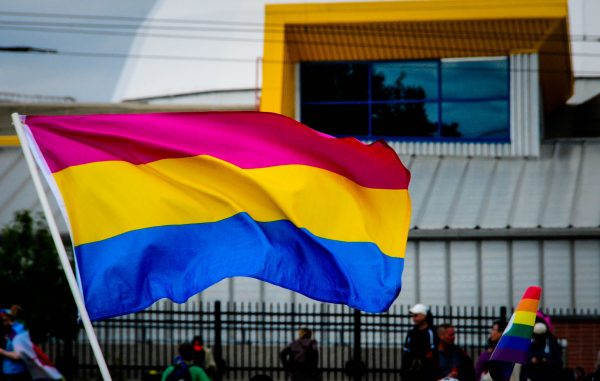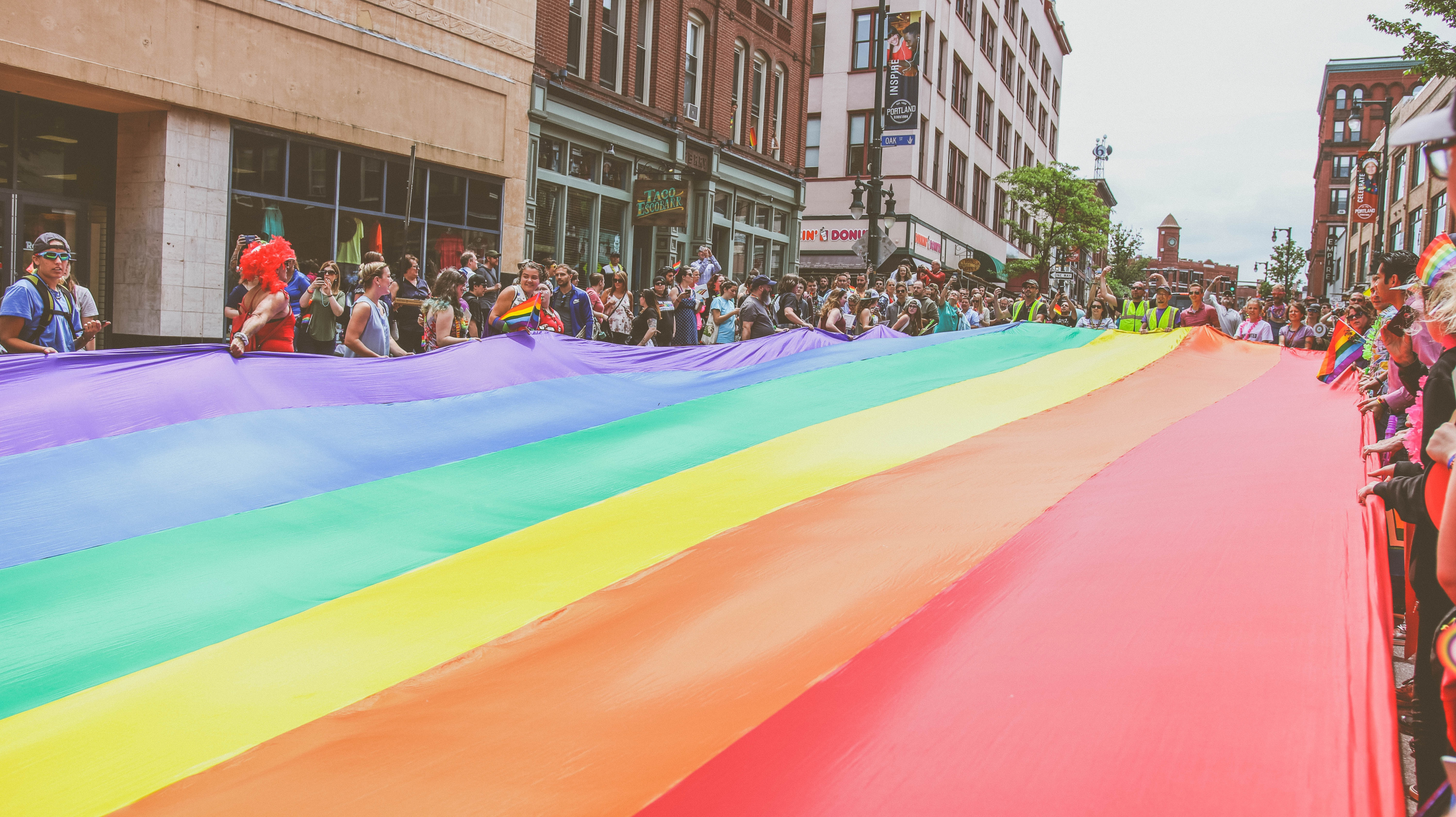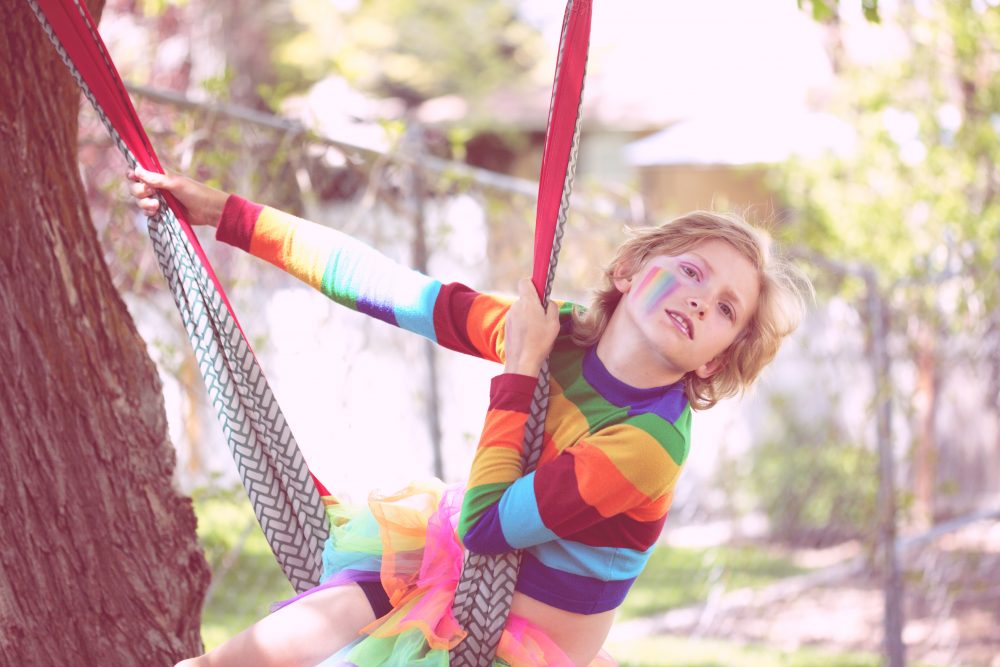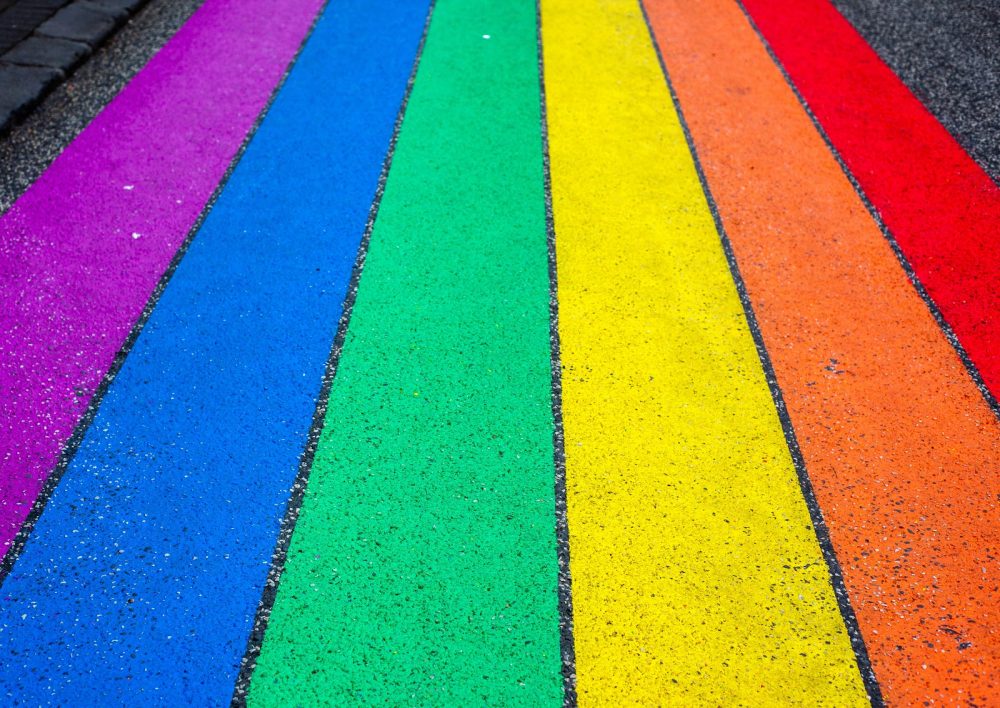Bisexuality and Other Invisible Identities
Being attracted to more than one gender bisexuality (and pansexuality) can be complicated and wonderful!
In my work and over 8 years of experience as a therapist, I have learned an extraordinary amount about these identities that allow individuals and their partner(s) to manage their needs.
Some people ask “how do I overcome bisexuality,” and we want them to know what the bisexuality definition is AND how they can learn to celebrate who they are!
Sexual Identity
Bisexuality Definition – attraction to “both genders or sexes,” while the Pansexuality Definition is being attracted to all genders.
In working with individuals who identify with the bisexuality definition, it is clear that there are many ups and downs in the identity.
When people within these identities are in a monogamous relationship, some have shared that it feels like their identity is not known – like a part of them is missing or hidden.
Sexual identity and bisexuality definition is confusing because it is fluid, which is not easy to describe to those who are “black and white” thinkers.
Relational Identity
Another invisible identity is being in a monogamous relationship when you identify as polyamorous or on the continuum of non-monogamous.
There are many people who identify as polyamorous that choose to be in a monogamous relationship with their partner due to a variety of reasons.
Whether that be that they are polyphobic (scared of being polyamorous), their partner is not okay with the idea of it, because there is no protection for employment for open relationships (you can get fired or Child Custody Services called on you if you identify with being in open relationships), or for other personal reasons.
Polyamory is the idea of loving multiple partners. Polyamory, also known as consensual non-monogamy (CNM) is increasingly becoming common.
Being in love with more than one person isn’t as radical as it seems and if you want to learn more, check out this blog.
Polyamory can mean having a relationship with more than one person or feeling love, affection, and or having a sexual relationship with more than one person.
This identity is often misunderstood and has been given a bad wrap because of nonconsensual forms of it (for example: infidelity, cheating, and affairs).
The key to polyamory is consent. Consent from all people involved and a level of attunement and erring on the side of over-communicating with all partners involved are often essential for those who identify as polyamorous.

How do you show that you are bisexual or pansexual in a monogamous relationship?
In other-sex/gender or same-sex/gender relationships, when you are seen holding hands or being affectionate with that partner, you are assumed to be straight or gay/lesbian.
When you are bisexual, pansexual, or polyamorous in a monogamous relationship, unless you are wearing something (or tattoo it across your forehead haha), there is limited ability to show your identity without verbally speaking it, and often.
This can be exhausting! To have to constantly come out or correct people can be challenging and overwhelming!
Some choose to passively accept the label of “gay” or “straight” and others “correct” those who mislabel them. Either can feel defeating as a person with an invisible identity.
Furthermore, there is a lot of bi/pan/polyphobia in both the heteronormative and queer worlds.
Many do not believe in these sexualities or I have also heard others sharing that it takes away from the queer identity because people in this identity can access “straight privilege.”
In the case of people who identify as poly, this can show in the form of making assumptions about what “poly” is because it is very misunderstood.
Stop the bi/pan/polyphobia!
Show support for our bi/pan friends and stop invalidating these identities.
It’s not okay!
If you don’t get it, learn about it!

Being Unseen and the Impacts
There are a variety of ways on how to manage the feeling that a part of your identity is unseen or erased.
Here are some of our favorite tips at Life Coaching and Therapy:
- Talk about it! Make it visible! Share your feelings with those you trust, especially your partner. Discuss what it is like and ask your partner to hold that space for you.
- Educate yourself on open relationships or polyamory to see if that is a choice for you.
- Strategize! Is there something you and your partner can do that would allow your identity to be seen more?
- Engage in role play or fantasy play with your partner or by yourself! Why not use masturbation and fantasy
- Allow yourself to grieve this through ritual, therapy, spirituality, or other means.
- Use “radical acceptance” in being able to accept your identity and your choice of person.
- COMMUNICATE, COMMUNICATE, COMMUNICATE!
If you are really struggling with feeling unseen or not sure about your experience, reach out to a professional to help.
This can allow you to explore your identity, ways to grieve, cope, or change.
The impact of not doing this is ending up feeling resentful, unseen, or causing emotional harm to yourself and others.
If this is hitting home for you or someone you know, please consider some of the suggestions and finding support. Here at LCAT, we are here to help! Identity, sex, and relationships are our thing!
If you know someone that would benefit from this information, feel free to share it.

Life Coaching and Therapy (LCAT) is a relationship coaching and sex therapy practice that transforms our clients lives through our flexible, multi-technique approach and pleasure-skills training provided by systemically-trained and licensed therapists!
Our team of compassionate, licensed therapists and certified sex therapists help Millennials and Baby Boomers alike who visit us for a variety of relationship, intimacy and sex problems.
LCAT provides on-site appointments, as well as video chat and text therapy programs. For clients hoping to take their intimate lives to the next level through personalized coaching on YOUR terms, learn more about our Text Therapy Program.
Learn more about how LCAT can help improve your life at What We Do.
Call or text us at 203-733-9600 or make an appointment.
 Yellow in the middle to represent those who are not on the gender binary (e.g. non-binary people, gender fluid, etc.).
Yellow in the middle to represent those who are not on the gender binary (e.g. non-binary people, gender fluid, etc.). 



 Yellow in the middle to represent those who are not on the gender binary (e.g. non-binary people, gender fluid, etc.).
Yellow in the middle to represent those who are not on the gender binary (e.g. non-binary people, gender fluid, etc.). 

















